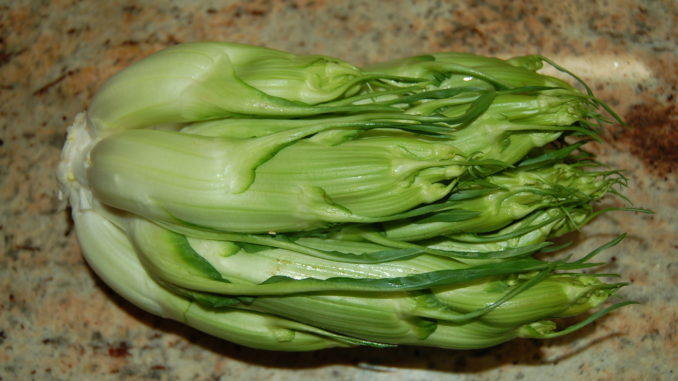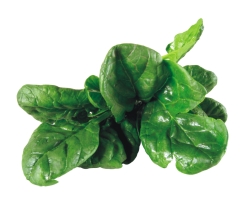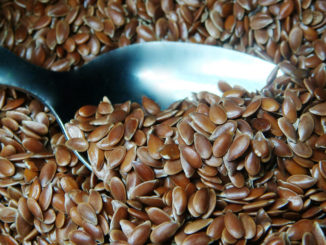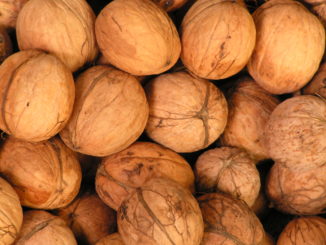
When it comes to minerals in the body, magnesium ranks fourth most abundant, which means that it is essential for maintaining a healthy lifestyle.
About half of the total magnesium found in the body is in the bone.
The rest is located primarily in the cells of the organs and tissues. Just about one percent of the magnesium in the body is located I the blood.
However, the body works extremely hard to make sure that the magnesium levels in the blood remain constant.
The body needs magnesium in order to perform over three hundred different biochemical reactions. Magnesium helps sustain normal nerve and muscle function. It is also responsible for helping to keep blood sugar levels regulated, promoting healthy blood pressure. Magnesium is also involved in protein synthesis as well as energy metabolism.
Magnesium is absorbed by the body through the small intestines and excreted through the kidneys. Studies are currently being conducted in order to test theories that magnesium may play a major role in the management and prevention of several disorders, including cardiovascular disease, diabetes and hypertension.
Green Vegetables Are High In Magnesium
Green vegetables, like spinach, are great sources of magnesium because the chlorophyll molecule that gives the vegetables color is rich in magnesium. Many legumes, such as peas and beans, as well as seeds, nuts and unrefined whole grains are all good foods that are high in magnesium.
Refined Grains Are Typically Lower In Magnesium
The reason refined grain does not contain as much of the important mineral is because when the white flour is processed and refined, the bran and germ that are rich in magnesium are removed. Therefore, breads that are made with whole grain wheat flour contain higher levels of magnesium than the breads that are made with refined white flour.
Another great source for magnesium is tap water; however, keep in mind that the levels of magnesium in tap water will vary from one water supply to the next. The water that contains a greater number of minerals is referred to as “hard water”. Hard water will contain higher levels of magnesium than “soft water”.
By eating a variety of whole grains, nuts vegetables and legumes, you will be able to maintain a healthy level of magnesium in your regular diet.
Here are ten foods that are high in magnesium to help you get started on your way to eating healthy:
- Three ounces of cooked halibut contains ninety milligrams of magnesium, which is equal to 20% of the recommended daily allowance.
- One ounce of dry roasted almonds contains as much as eighty milligrams of magnesium, which makes up about 20% of the recommended daily allowance.
- One ounce of dry roasted mix nuts contains sixty-five milligrams of magnesium, which accounts for 15% of the recommended daily allowance.
- One-half cup of long-grain brown rice cooked contains around forty milligrams of magnesium, which is equal to about 10% of the RDA.
- One-half cup of canned kidney beans contains 8% of the RDA with thirty-five milligrams of magnesium.
- Two tablespoons of crude wheat germ contains thirty-five milligrams, or 8% of the RDA for magnesium.
- One-half cup of cooked mature soybeans contains seventy-five milligrams of magnesium, or 20% of the recommended daily allowance.
- One medium raw banana contains thirty milligrams of magnesium, which makes up 8% of the RDA.
- One cup of whole milk contains twenty-four milligrams of magnesium, or 6% of the RDA.
- One four-ounce ready-to-eat chocolate pudding cup contains 6% of the RDA with at least twenty-four milligrams of magnesium.





Be the first to comment